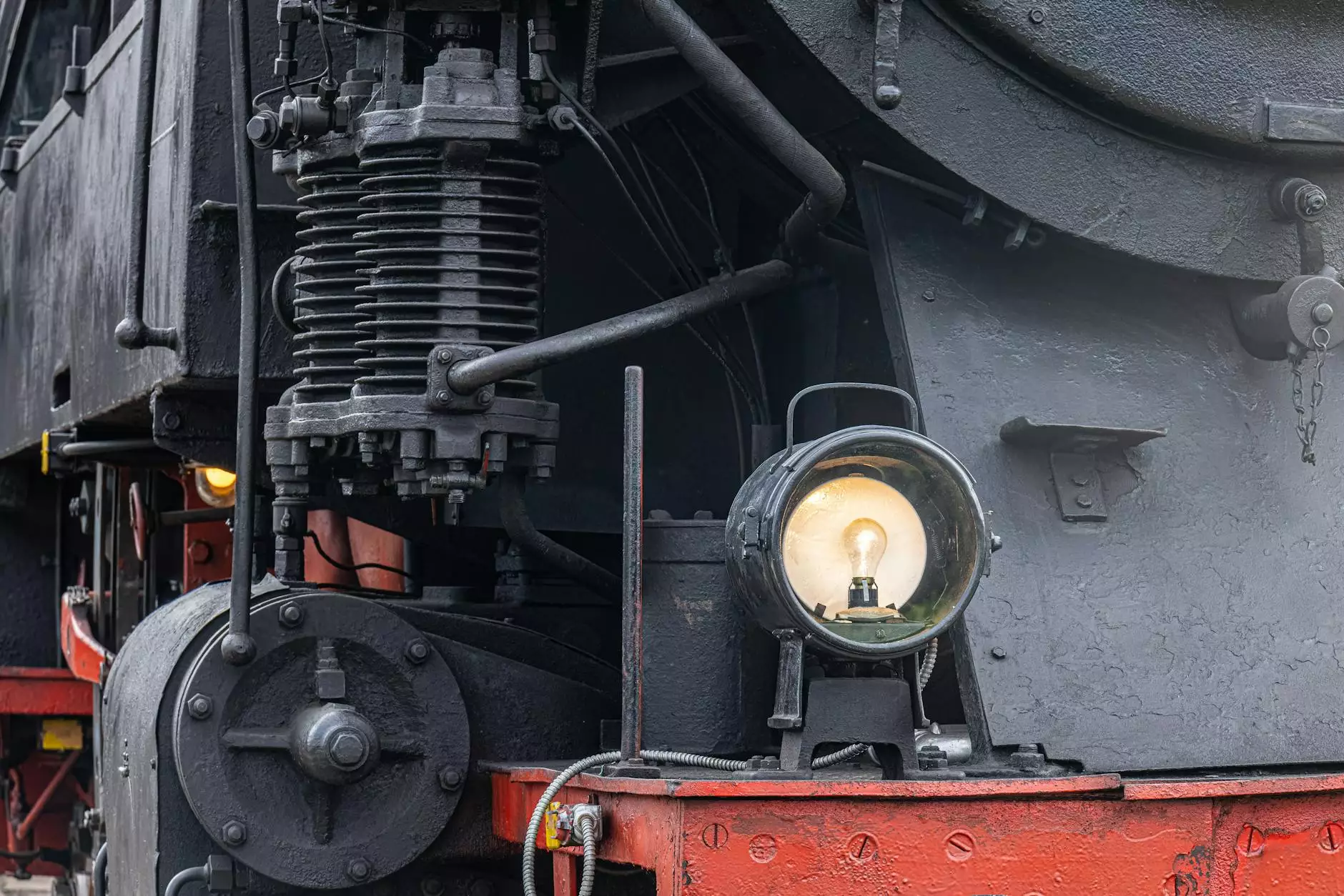Understanding Industrial Boiler Water Treatments

In the vast realm of industrial operations, the importance of boiler water treatment cannot be overstated. The industrial boiler serves as a critical component in various processes across numerous sectors, from power generation to manufacturing. Effective treatment of the water used in these boilers is essential for maintaining efficiency, extending equipment life, and ensuring safety.
Why Water Treatment is Essential for Industrial Boilers
The quality of water used in industrial boilers profoundly impacts their performance. Boiler water treatment involves a series of processes aimed at removing impurities and chemicals that could cause damage to the system. Here’s why it's so crucial:
- Prevention of Scale Formation: Mineral deposits can accumulate on boiler tubes, leading to reduced heat transfer efficiency and potential overheating.
- Avoidance of Corrosion: The presence of oxygen and other corrosive materials can lead to severe damage, requiring costly repairs or replacements.
- Improved Operational Efficiency: Clean water allows boilers to operate at optimal efficiency, reducing fuel costs and emissions.
- Extended Equipment Lifespan: Regular treatments can significantly prolong the life of boiler components.
- Compliance with Regulatory Standards: Industries need to adhere to strict environmental regulations, making water treatment crucial.
The Components of Industrial Boiler Water Treatments
Industrial boiler water treatments typically consist of several key processes designed to address various water quality issues. Understanding these components helps industries choose the right treatment solutions:
1. Water Softening
Hard water contains high levels of calcium and magnesium, which can lead to scale buildup. Water softening involves the removal of these minerals using ion exchange technologies, ultimately protecting equipment from wear and ensuring smooth operations.
2. Filtration
Filtration systems are employed to remove suspended particles, sediments, and larger impurities from water. This step is critical to prevent blockage and damage within the boiler systems. Using advanced media filters or membrane technologies can enhance the quality of water entering the boiler.
3. Chemical Treatment
Chemical water treatments involve the addition of specific chemicals to control pH levels, prevent corrosion, and inhibit scale formation. Common agents include:
- Corrosion Inhibitors: Chemicals that form a protective layer on metal surfaces to mitigate corrosion.
- Scale Inhibitors: Polymers that prevent the formation of scale by dispersing crystals that tend to clump together.
- Biocides: Used to control bacterial growth in boiler systems that can lead to fouling and corrosion.
4. Blowdown and Makeup Water Management
Regular blowdown (removing a portion of water from the boiler) is essential to control the concentration of impurities and maintain optimal water quality. Effective makeup water management ensures the boiler continuously operates with clean water, compensating for the water lost during blowdown.
The Role of Bimak Skimya in Industrial Boiler Water Treatments
For industries seeking top-notch solutions in industrial boiler water treatments, partnering with a reliable provider is paramount. Bimak Skimya, with its extensive experience in the field, offers tailored services that cater to specific industrial needs.
Why Choose Bimak Skimya?
- Expertise: With years of experience, the team at Bimak Skimya possesses the technical knowledge required to deliver the best water treatment solutions.
- Customized Solutions: Bimak Skimya understands that each industrial setting is unique, thus providing personalized treatment plans to maximize effectiveness.
- High-Quality Products: The company uses premium-grade chemicals and cutting-edge technologies to ensure superior treatment outcomes.
- Exceptional Support: Their dedicated customer service ensures that clients receive timely assistance and guidance.
Understanding the Different Services Offered by Bimak Skimya
Bimak Skimya excels in multiple categories of water-related services that bolster industrial boiler operations:
1. Water Purification Services
Effective water purification is the first step towards achieving high-quality boiler feed water. Bimak Skimya employs various purification techniques, such as reverse osmosis and ultrafiltration, to provide crystal-clear water free from contaminants.
2. Water Suppliers
As a reputable water supplier, Bimak Skimya ensures a consistent supply of treated water, essential for maintaining uninterrupted industrial processes. Their reliable delivery services are designed to meet the demands of any operation.
3. Water Stores
In addition to supplying treated water, Bimak Skimya also offers a range of water products for various applications. Their water stores provide businesses with the necessary resources for effective water management.
Integrating Industrial Boiler Water Treatments into Operations
Integrating industrial boiler water treatments into daily operations requires careful planning and execution. Here are the steps industry managers can take:
1. Assessing Needs
Before implementing any treatment solutions, assess the specific needs of your boiler system. Consider the type of boiler, the quality of incoming water, and the operational requirements.
2. Choosing the Right Partner
Selecting an experienced provider like Bimak Skimya ensures access to the latest technologies and best practices in water treatment.
3. Regular Monitoring and Maintenance
Establish a routine for monitoring water quality and boiler performance. Regular maintenance checks will help identify and rectify any potential issues before they escalate.
Conclusion
Industrial boiler water treatments are a fundamental aspect of operational success across numerous industries. By effectively managing water quality, businesses can enhance efficiency, reduce costs, and prolong equipment lifespan. Companies like Bimak Skimya stand out as exceptional partners, providing tailored solutions that meet the specific needs of industrial water treatment. Investing in quality water treatment today can save significant expenses and headaches in the future, making it an indispensable part of modern industrial practices.









